Vultures in South Africa face unprecedented challenges, yet a landmark discovery in KwaZulu-Natal offers new hope. During the 2025 Zululand Vulture Project Aerial Survey, conservationists confirmed the province’s first active Hooded Vulture nest. Excitingly, this is the southernmost breeding site ever recorded for the Critically Endangered species, expanding the known breeding range and providing vital new data to guide conservation efforts.
Landmark aerial survey delivers vital findings
Wildlife ACT, in collaboration with Ezemvelo KZN Wildlife, The Bateleurs and pilot Martin Schulze, recently conducted a helicopter-based vulture survey across key areas of Zululand. The operation, which takes place every five years, complements Ezemvelo KZN Wildlife’s fixed-wing surveys and Wildlife ACT’s ground-truthing efforts.
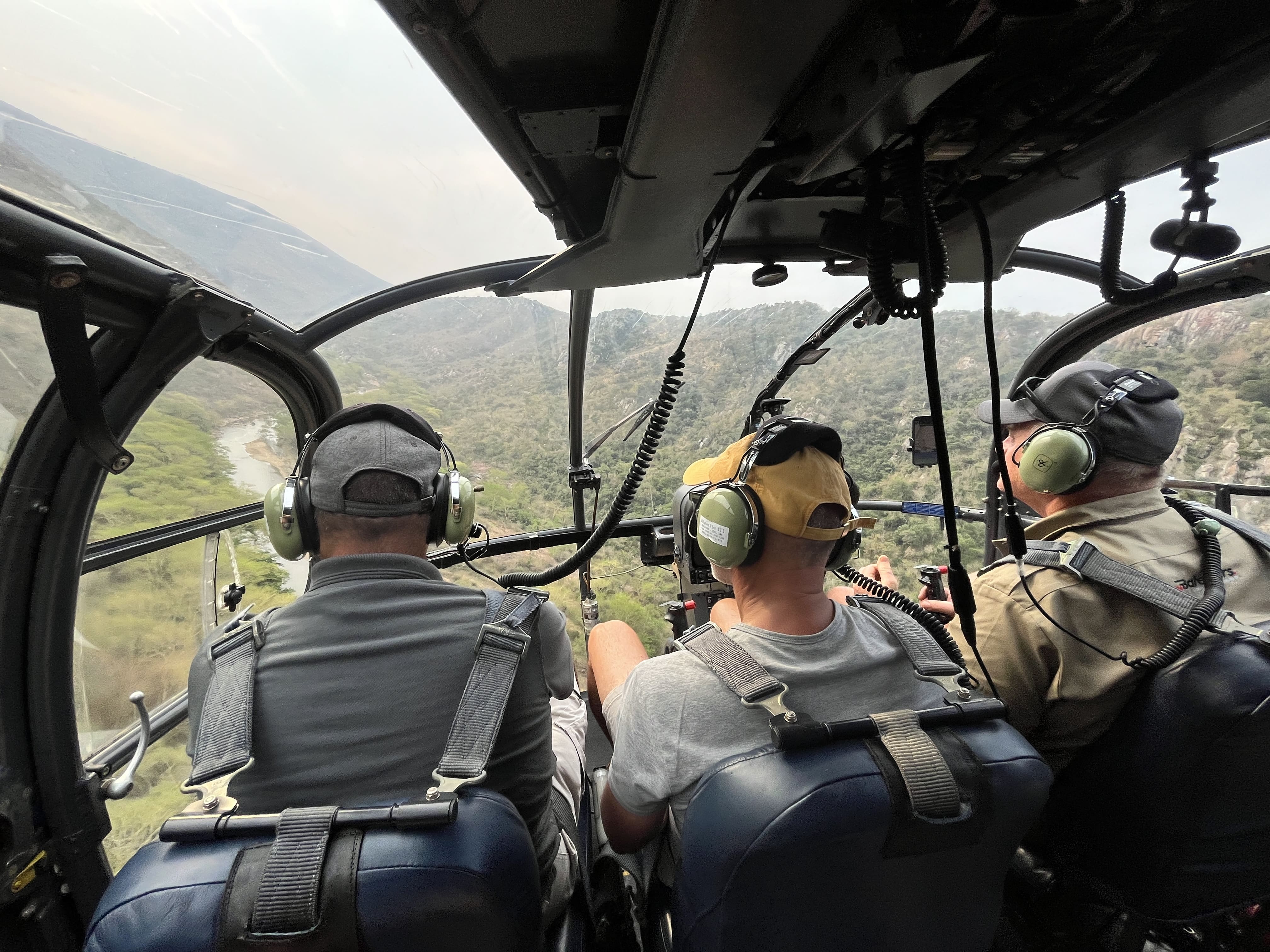
Preliminary results showed a slight increase in Lappet-faced Vulture nests in Hluhluwe-iMfolozi Park, growth in some African White-backed Vulture colonies and once again no White-headed Vulture nests were found, a pattern first confirmed in 2018 and unfortunately consistently observed since.
However, it is the the discovery of a single active Hooded Vulture nest with a large chick that stood out as a moment of historic importance. Considerable effort has gone into locating active vulture nests across KwaZulu-Natal in the past, making this confirmation all the more significant. It marks the first active Hooded Vulture nest ever confirmed in the province.
"Vultures are among the most threatened bird species in South Africa, and KwaZulu-Natal remains a critical region for their survival. The results of this survey highlight both the challenges and the opportunities we face. The loss of White-headed Vultures is a sobering reminder of what can happen if threats go unchecked, while the confirmation of a Hooded Vulture nest offers hope and renewed urgency for protecting these birds and the ecosystems they support." - Brent Coverdale – Ezemvelo KZN Wildlife Animal Scientist: Mammals and Birds.
“The Bateleurs are always ready to provide the often vital aerial support, to any legit conservation and environmental care programs and being part of the team that confirmed this Hooded Vulture nest, was a powerful reminder of why these efforts matter.” - Steve McCurrach – The Bateleurs Director
The 2025 survey was expertly coordinated by Chris Kelly and Anel Swart of Wildlife ACT, and Brent Coverdale of Ezemvelo KZN Wildlife, with vital support from The Bateleurs, Shiptech, Ford Wildlife Foundation, Dry Creek Foundation, Briandez Legacy Trust and Happy Hollow Foundation.
The Hooded Vulture: a Critically Endangered species
The Hooded Vulture (Necrosyrtes monachus) is listed as Critically Endangered, with only an estimated 50–100 breeding pairs remaining in South Africa. Smaller and shyer than other vulture species, it weighs between 1.5 and 2.6 kg with a wingspan of around 1.6 metres. Its featherless pink face and dark hood allow it to feed efficiently at carcasses, often on scraps left behind by larger vultures.
The species is monogamous, laying one egg per season, with chicks dependent for around seven months. Very little is known about its breeding behaviour, which makes this confirmed nest all the more significant for research and conservation planning.
-min.JPG)
"This discovery is a milestone for vulture conservation, especially in KwaZulu-Natal. It shows that even when populations are under immense pressure, with the right monitoring and protection, these species can still surprise us. Confirming a Hooded Vulture nest for the first time in the province gives us new insight into their range and behaviour, and strengthens the case for continued collaboration and investment in vulture conservation." - Zululand Vulture Project
Why vultures matter and why they are under threat
Northern KwaZulu-Natal is a stronghold for vulture conservation, yet it is also one of the regions most severely affected by targeted poisoning. Tree-nesting vulture breeding clusters in some key areas across Zululand have been wiped out within just a few years, while White-headed Vultures are now considered extinct as a breeding species in the province.
Poisonings, whether deliberate or accidental, are the leading cause of vulture deaths in South Africa. Deliberate poisonings in KwaZulu-Natal are often linked to the illegal trade for traditional medicine or predator control, while accidental poisonings result from lead ammunition fragments or veterinary drugs.
Vultures play an irreplaceable ecological role. As obligate scavengers, they remove carcasses rapidly and prevent the spread of diseases such as anthrax, rabies, and botulism. The ecosystem services vultures provide carry immense economic and ecological value, although their true worth is often underestimated. Without them, carcasses decompose more slowly and disease risks for wildlife, livestock and people increase.
“Vultures are the underappreciated custodians of ecosystem health. Without them, carcasses take longer to break down, diseases can spread more easily, and the natural balance of the environment begins to unravel. Without them, the consequences ripple far beyond the animal kingdom and into human health and the economy, especially in a landscape heavily dependent on the natural environment.” - Anel Olivier, Wildlife ACT Species Conservation Director
Collaborative conservation is essential to vulture protection
Protecting vultures requires strong collaboration. Conservation authorities, NGOs, researchers, landowners and communities all play a vital role in monitoring populations, responding to poisoning incidents and securing safe feeding sites. The Zululand Vulture Project is a joint initiative of such entities and is led by Ezemvelo KZN Wildlife and Wildlife ACT, all working together to safeguard these species across KwaZulu-Natal and beyond.

The role of private landowners is critical. Many vulture nests in KwaZulu-Natal fall outside formally protected areas, which means their survival depends on the willingness of landowners and farmers to safeguard breeding sites and allow conservation teams access for monitoring. By protecting habitat, reporting suspicious activity and supporting safe food sources, private landowners play a direct role in keeping populations stable.
The discovery of this Hooded Vulture nest is an important reminder of how valuable community collaboration is for the conservation of these endangered birds. When Kayleigh Huysamen, Wildlife ACT’s Educational Content Specialist, and her family first suspected that Vultures were nesting on their property in Northern Zululand, KwaZulu-Natal, they reported it and committed to monitoring the site.
They are incredibly excited now that the nest has been confirmed to be an active Hooded Vulture nest - the first of its kind recorded in the province.
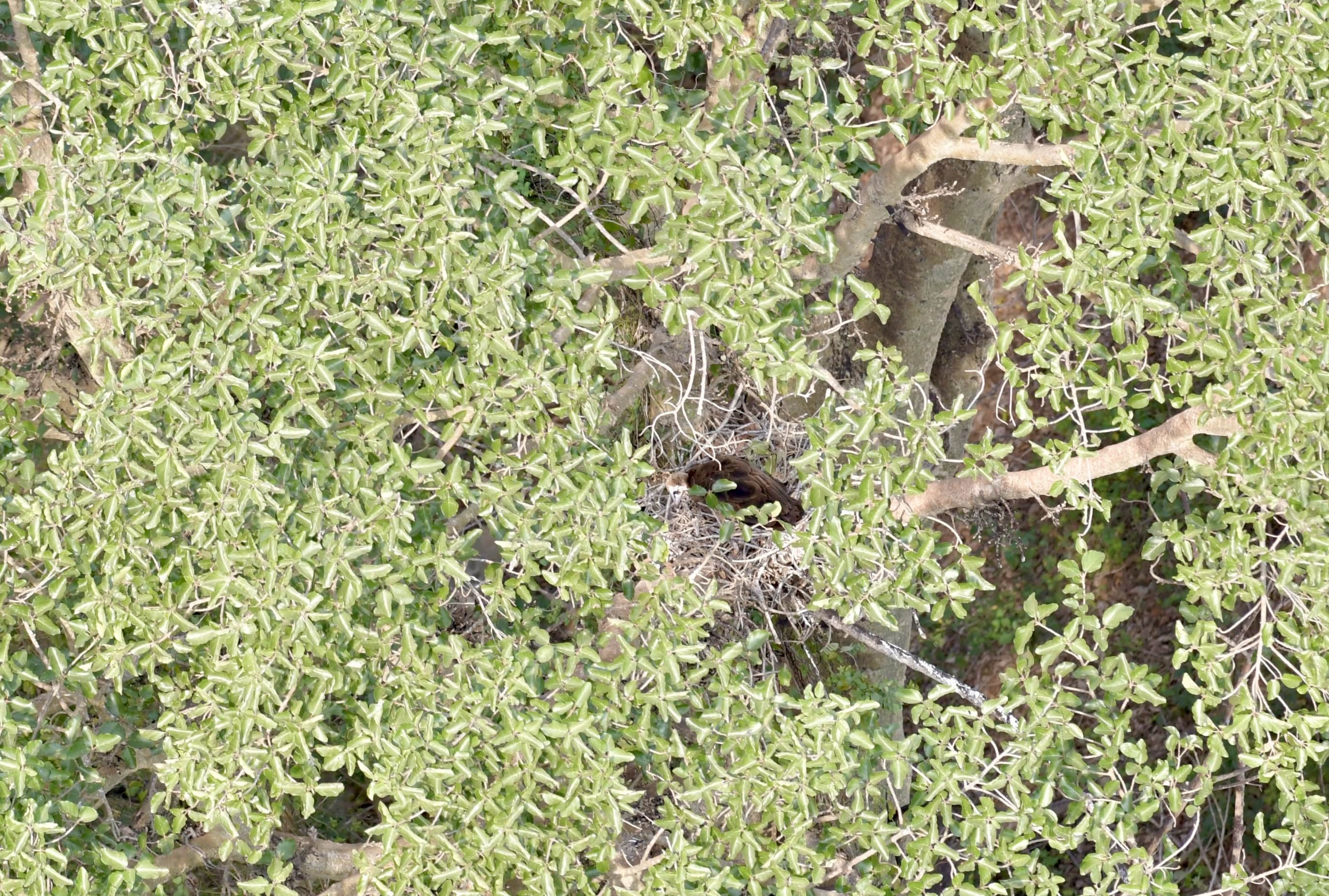
"It felt like an incredible privilege to discover this nest so close to our home. The fact that these Hooded Vultures chose to breed here, near a member of the Wildlife ACT team, feels like good fortune for the birds as well. My family and I are committed to helping safeguard the site and supporting the monitoring work. Protecting this nest is about giving the species a real chance to recover." - Kayleigh Huysamen – Wildlife ACT Educational Content Specialist
Members of the public are encouraged to report vulture nesting activity here: https://projectvulture.org.za/report-vulture-sighting/
A national strategy to protect vultures
The discovery adds weight to South Africa’s Biodiversity Management Plan for Vultures, gazetted in 2024, which sets out national actions to halt declines and recover populations. Wildlife ACT Co-Founder Chris Kelly and Brent Coverdale contributed to the drafting of the plan, and these organisations continue to support its implementation at provincial level.
The 2025 aerial survey represents a significant milestone for vulture conservation in KwaZulu-Natal. The confirmed Hooded Vulture nest highlights the importance of long-term monitoring, collaboration, and community involvement in protecting South Africa’s most threatened birds. The data from this survey will guide conservation strategies in the months ahead. Its success underscores the importance of collective action, with conservationists, landowners, and communities all playing a role in ensuring vultures remain part of South Africa’s natural heritage.
Partners: Wildlife ACT, Ezemvelo KZN Wildlife, The Bateleurs, Martin Schulze, Shiptech Petroleum, Ford Wildlife Foundation, Briandez Legacy Trust, Happy Hollow Foundation, Dry Creek Foundation, the Huysamen Family and dedicated landowners and communities.


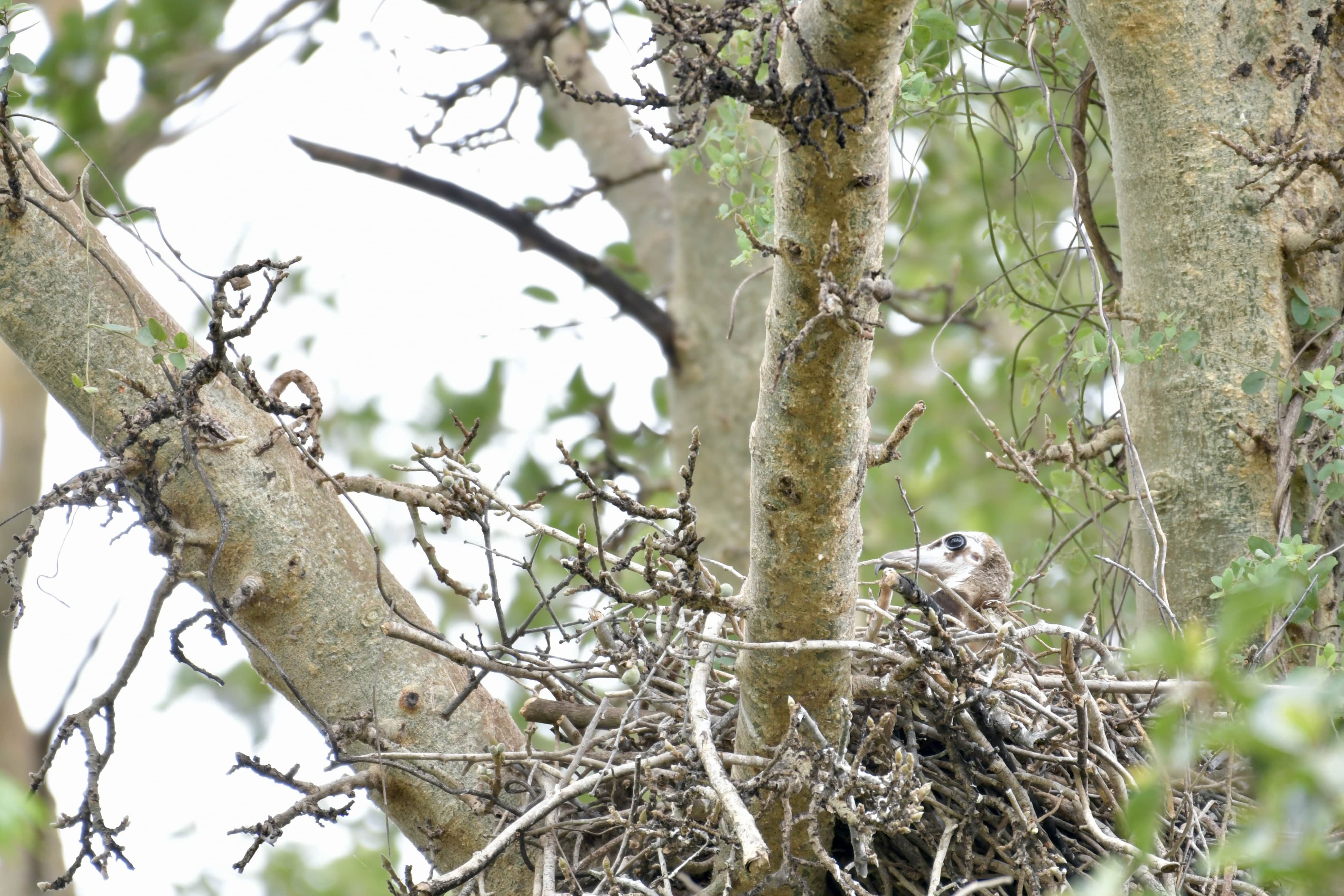
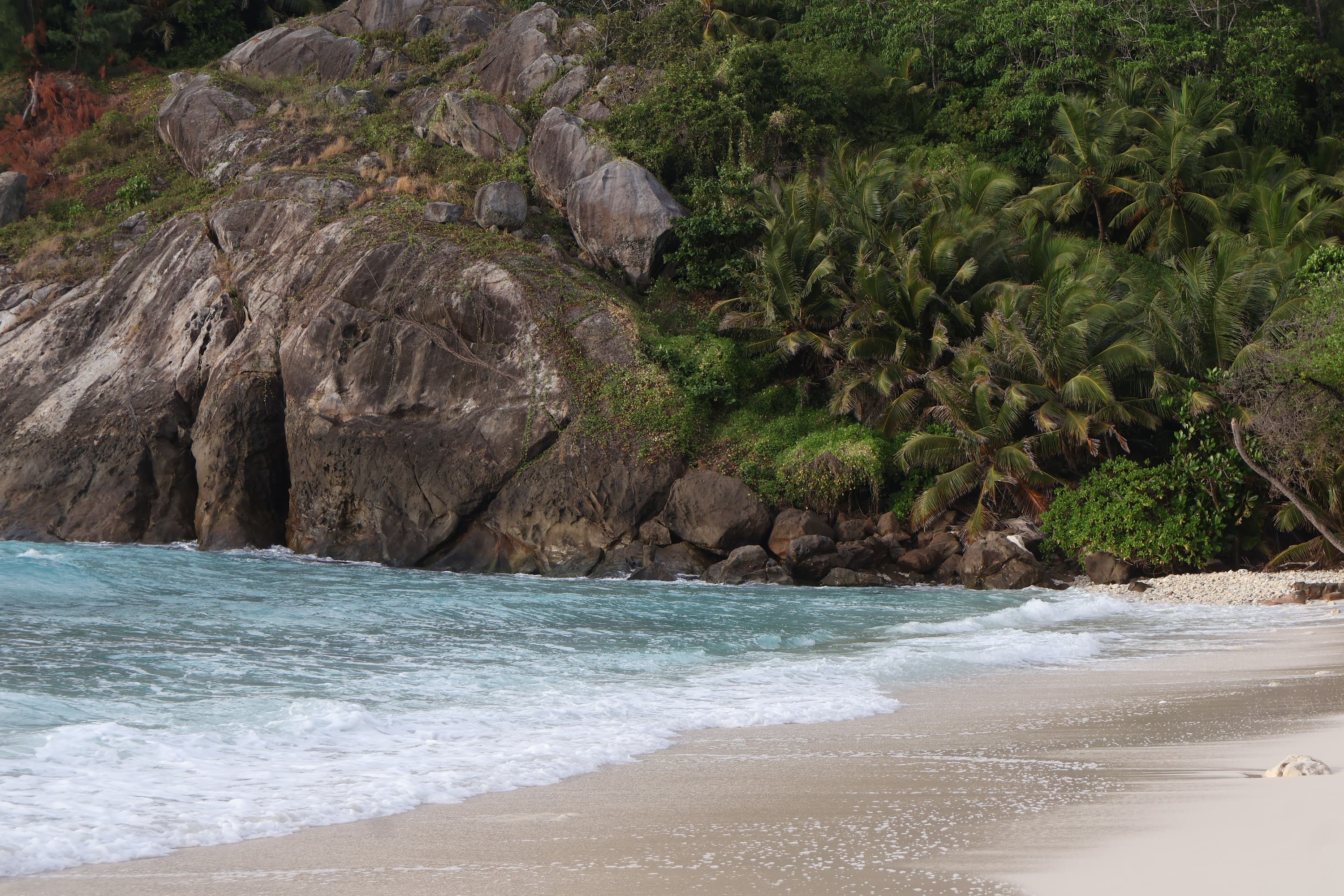
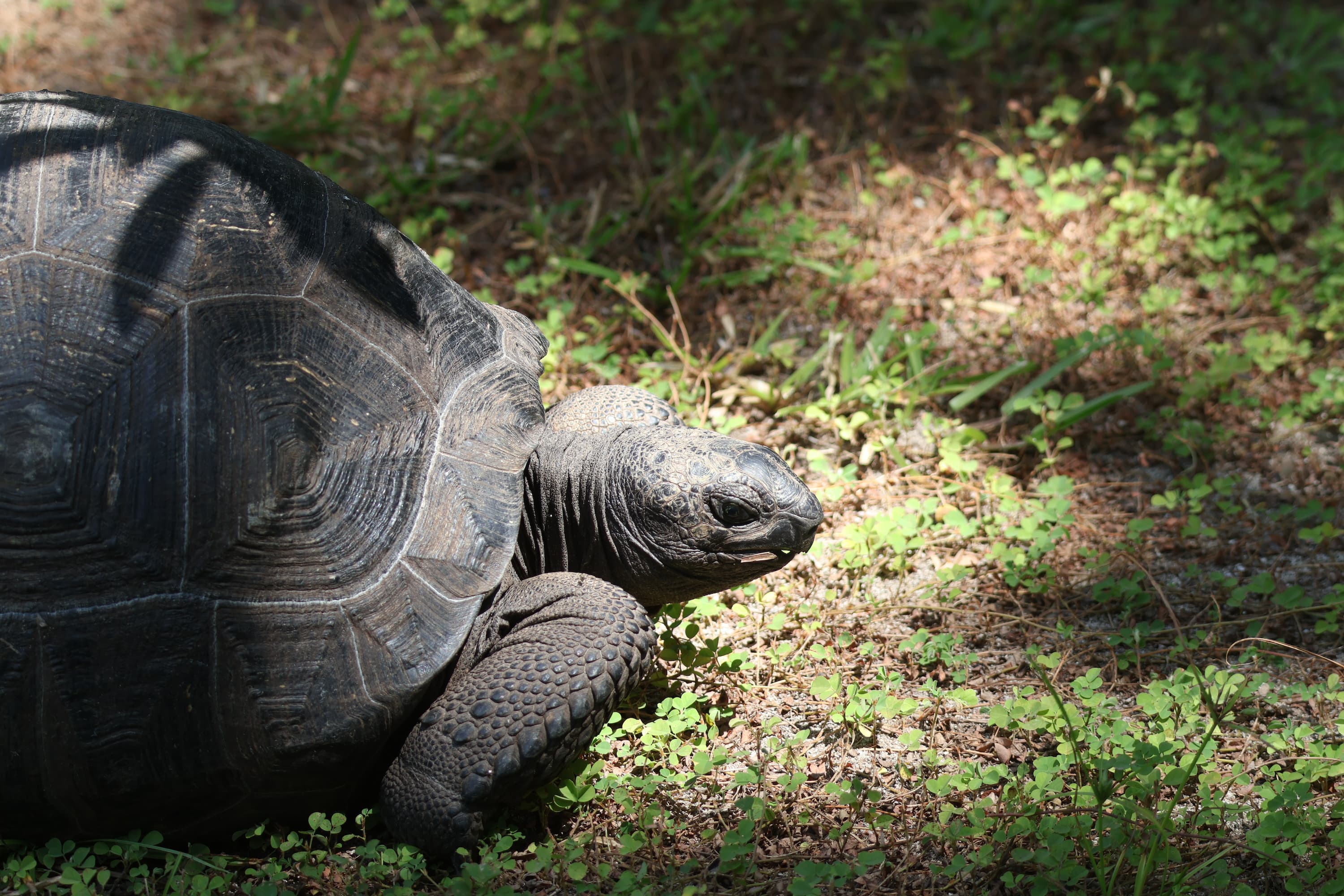
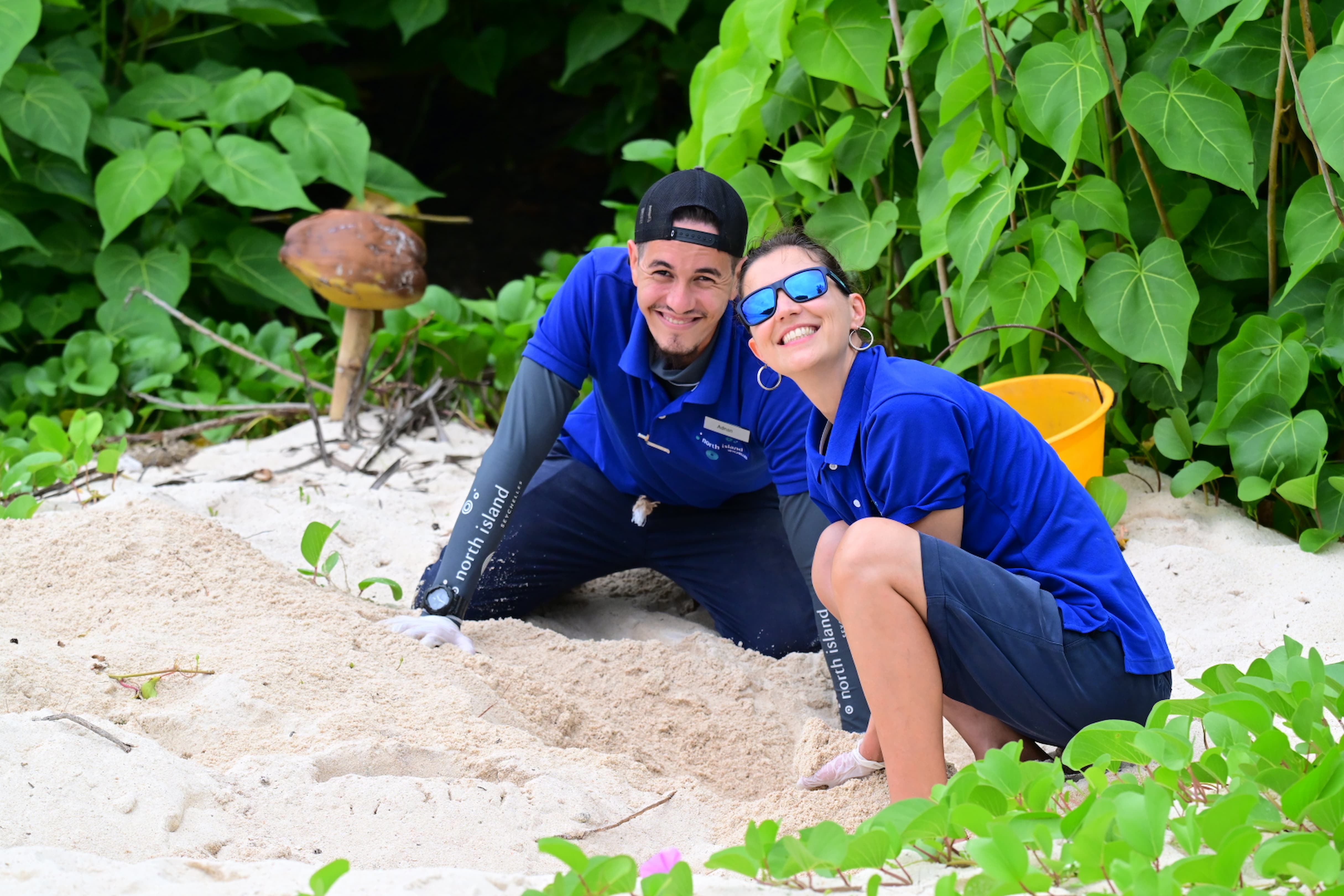
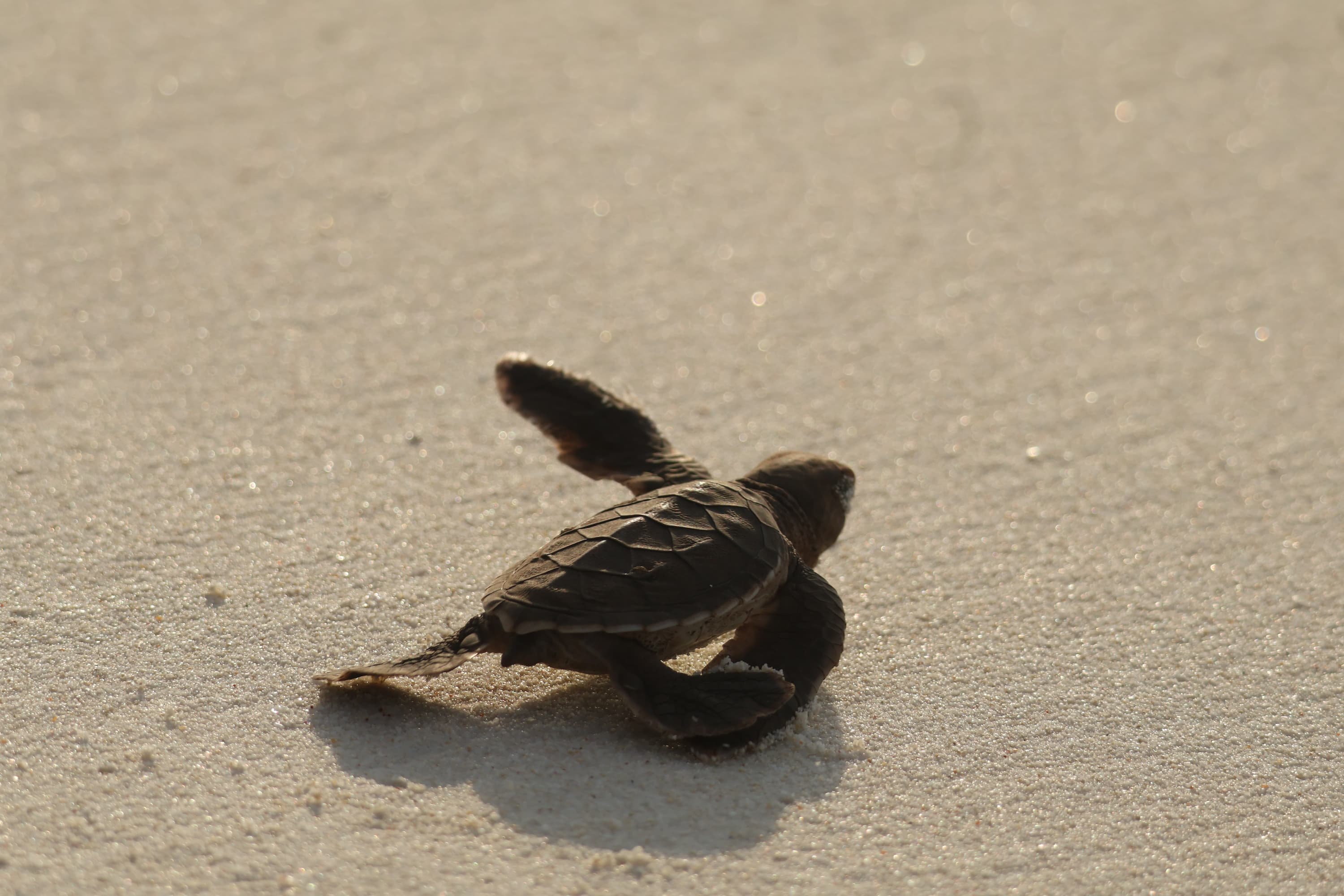


.jpg)
.jpg)
.jpg)